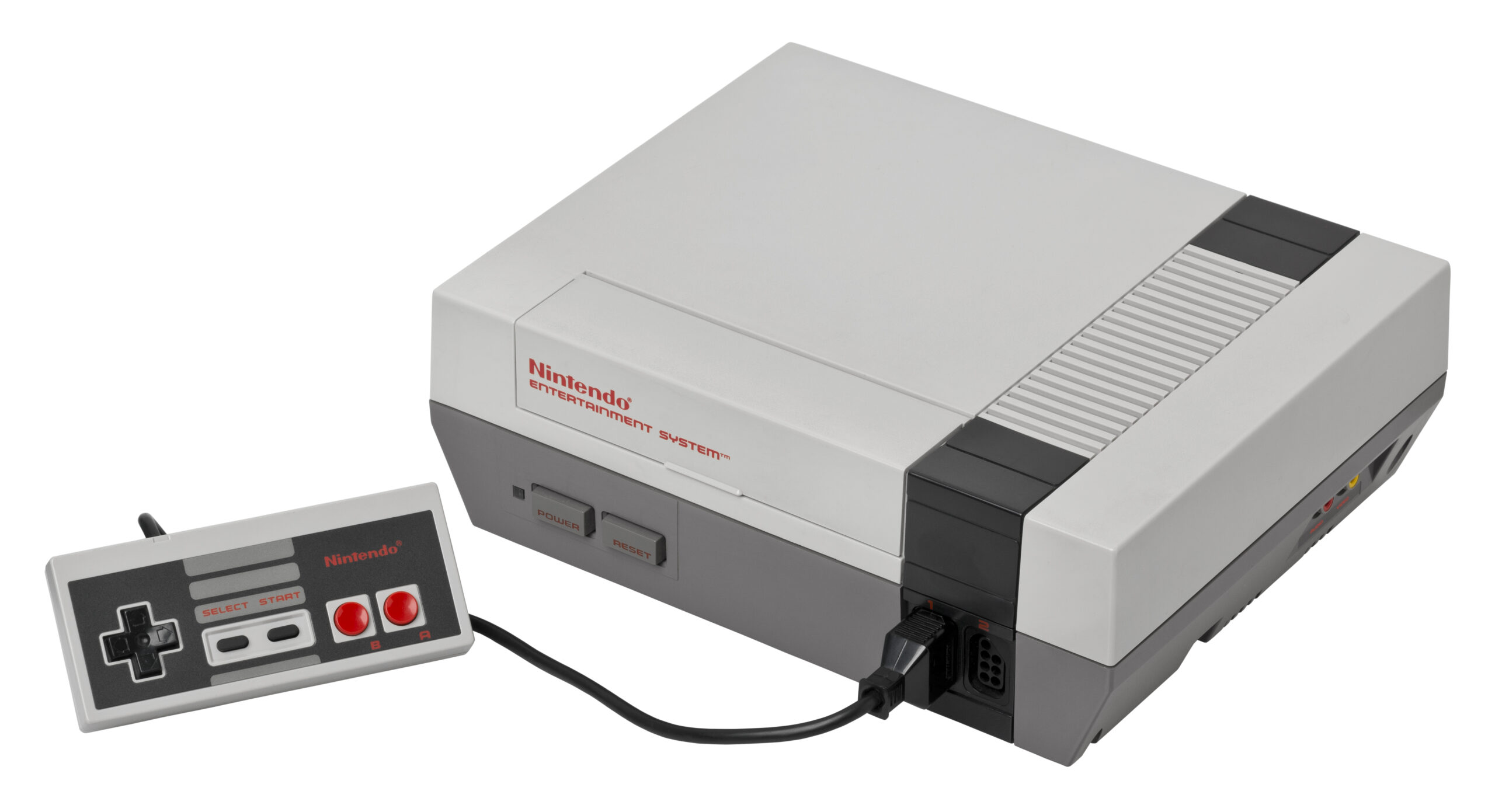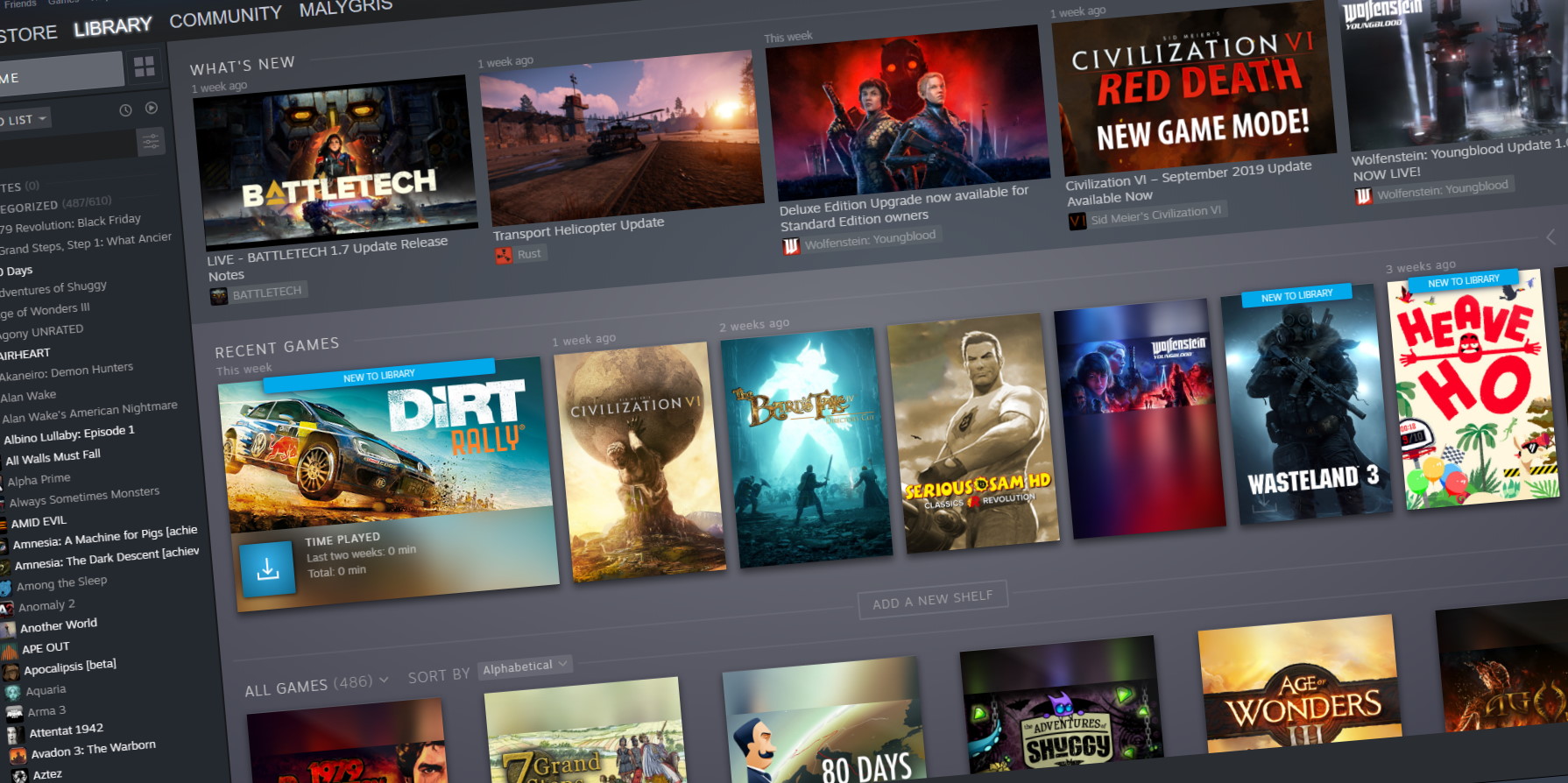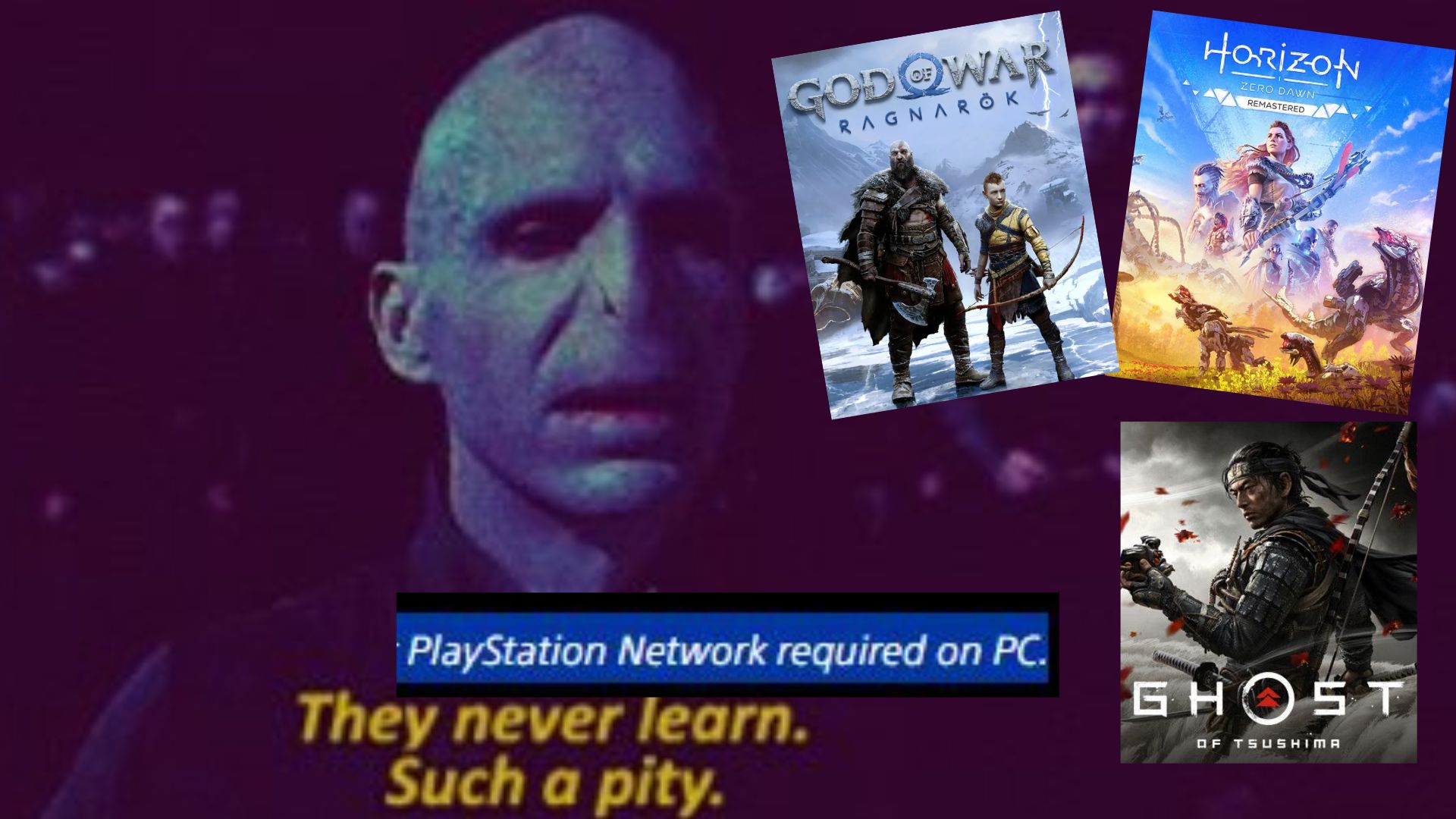- Regional locking in the video game world restricted content to specific regions, limiting availability across different areas.
- Initially designed to control distribution, regional locks were influenced by factors such as television standards and economic conditions.
- While digital media helped lessen the issue, some regional restrictions still persist, particularly with DLC and games tied to PSN requirements, frustrating modern gamers.
Regional locking was a huge factor in the video game world in the past, specifically in the era of CDs and DVDs. Regional locking restricts content to a specific region, so it can’t be used outside of that vicinity.
It was more or less a way for publishers to control their content distribution worldwide, whether it was video games or consoles. In a way, it was also gatekeeping good content from spreading, but the actual intention was way deeper than that.
Regional locking was an issue that we were far beyond despite its prevalence in some form, but unfortunately, that issue is coming back to haunt us.
Why It Matters: In an era where almost everything is digital and equally available worldwide, regional locking shouldn’t exist. It is publishers’ self-sabotaging and only promotes piracy and unethical workarounds.
A Brief History

To put things easier, everything wasn’t universal in the early digital days. In the 1990s, there were different television standards, such as NTSC, PAL, and SECAM, each having its own attributes and not being compatible.
Hence, every console had to be specifically manufactured according to those standards so that it would run in that region. Each disc was also encoded differently to match the specific frequency rate of that Television within that region.
This was also to comply with each region’s laws and regulations. It is also important to consider that video games weren’t released simultaneously in all regions in the earlier days.
Another major factor was the pricing of different video games. Due to economic conditions in some regions, the price of a video game may be lower than in a region with better economic conditions. Publishers didn’t want buyers to get games cheaper since that would hurt their sales, so they had to region-lock those games.
Aside from software-based regional locking, some consoles had physical locks on them, preventing even a different region’s disc or cartridge. Cartridges were differently shaped in terms of pins for different regions or had different sizing depending on each console.
Shift To Digital Media Was The Decline Of Regional Locking

The shift to digital media began with the Xbox 360 and PlayStation 3. The PlayStation 3 was mostly regionally free, with the exception of movies and backwards-compatible discs. The Xbox 360, on the other hand, was still regionally locked.
Thankfully, this issue completely vanished in the later console generations. However, regional locking still exists to some extent. DLCs are still regional locked to date, meaning you can’t buy a North American DLC on a Japanese video game copy.
This is due to different pricing, licensing, and cultural sensitivity, among other factors.
This Issue Is Coming To Haunt Us Again

Being a Sony first-party games fan and a PC gamer is a real struggle these days. You’ve probably heard of the mandatory PSN requirements for running their games on PC before. It’s an annoying requirement, but indirectly, region-locks games in certain regions.
This is largely due to the fact that PSN isn’t supported in many countries. This mandatory requirement means games like Marvel’s Spider-Man 2 can’t be played in regions without PSN support.
Other than that, games such as Dragon Ball: Sparking Zero are still completely unavailable in certain regions due to certain laws. That’s a legitimate case, and there are certain workarounds, but eventually, it means a loss of sales and is only hurtful for consumers.
Even the Xbox Game Pass has many games and content locked to a specific region.
I understand Dragon Ball: Sparking Zero’s case, but the mandatory PSN requirement is absurd, and Sony should remove it. It only hurts the game’s sales and reputation, which causes games like Helldivers 2 to lose player count significantly. Ultimately, this forces gamers to resort to piracy.
Thank you! Please share your positive feedback. 🔋
How could we improve this post? Please Help us. 😔
[News Reporter]
Shaheer is currently pursuing a Business degree while also working as a part-time Content Writer. With his deep passion for both writing and video games, he has seamlessly transitioned into a role as a Journalist. Over the past two years, Shaheer has contributed as a freelancer to various websites and landed positions on acclaimed platforms like Gamerant. Currently, his role at Tech4gamers is as a Features Writer, but he also covers News occasionally. Shaheer’s favorite gaming franchises are Assassin’s Creed and the God of War series.
Get In Touch: shaheer@old.tech4gamers.com
 Threads
Threads




